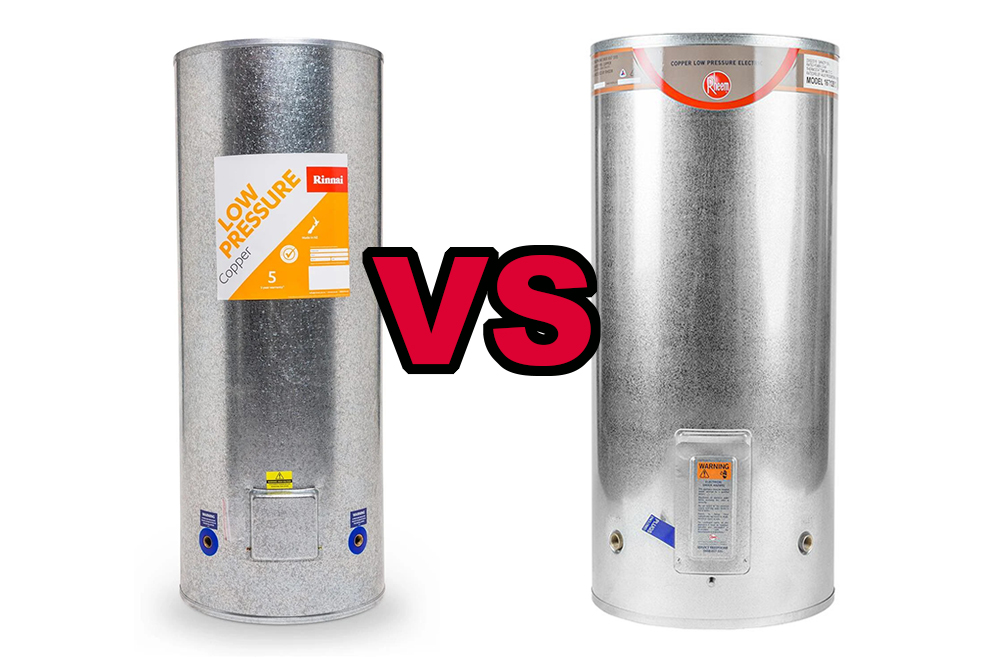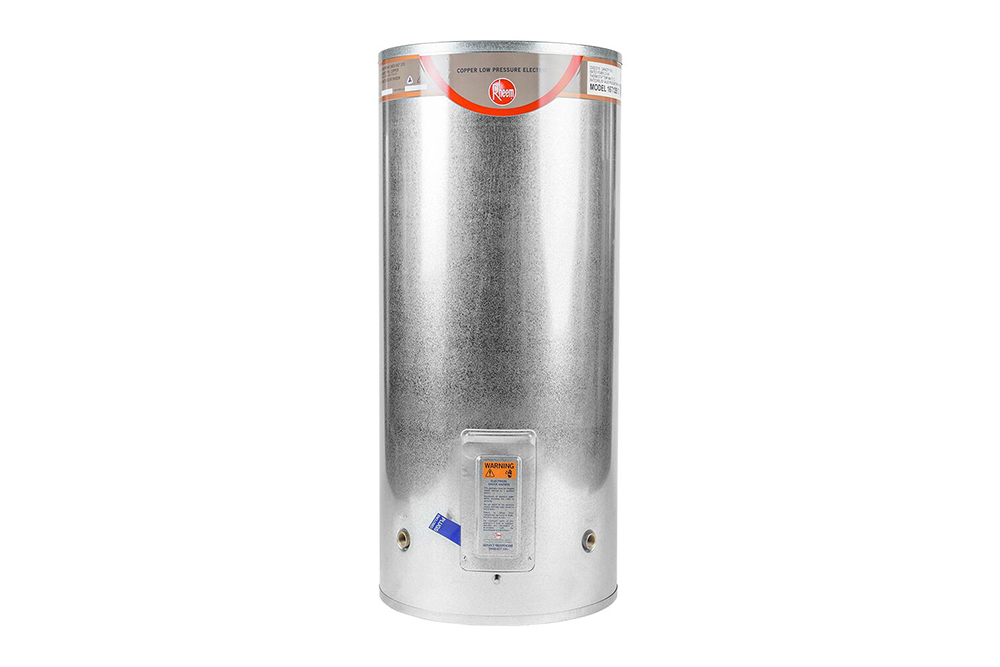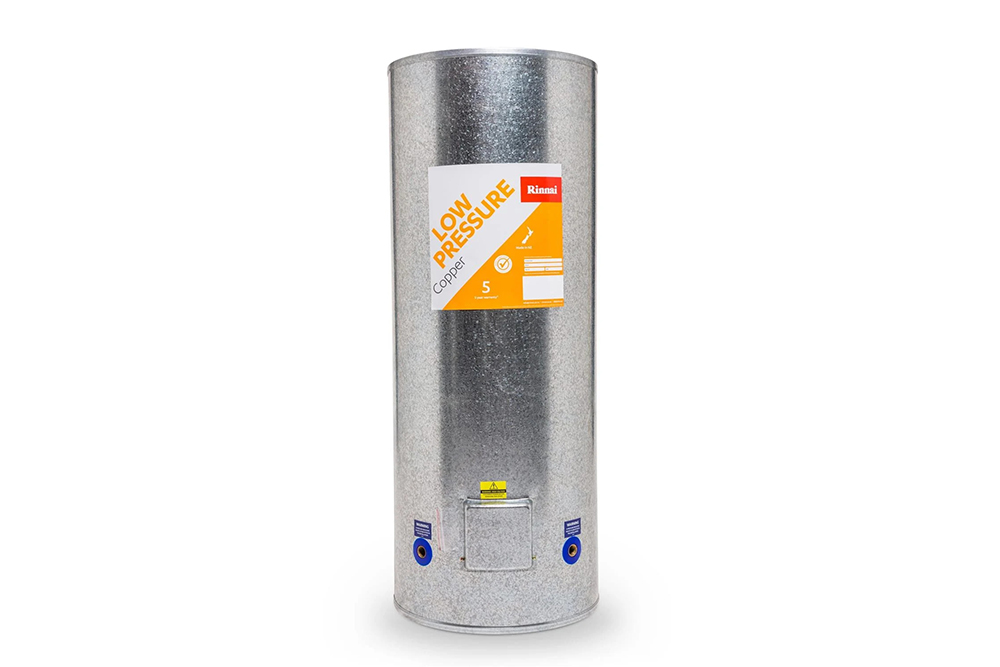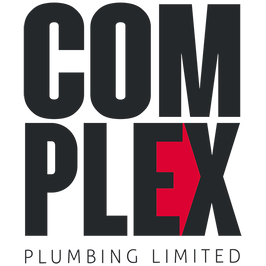
The debate surrounding Rheem versus Rinnai hot water cylinders is one that has garnered much attention and discussion in recent years. Both brands offer a range of options for gas and electric hot water heating systems, making the choice between the two a matter of careful consideration.
Various factors such as quality, customer reviews, price, service, warranties, range of products, ease of installation and use, availability of parts, company values, innovation, and sustainability initiatives must be taken into account when evaluating these brands.
While both Rheem and Rinnai offer hot water cylinders with low pressure and mains pressure options, as well as different materials and sizes, each brand also boasts its own unique features and characteristics.
In this article, we will explore the differences between Rheem and Rinnai hot water cylinders, providing insights into how to choose the most suitable option for your hot water system needs.
Differences Between Rheem and Rinnai Hot Water Cylinders
When comparing Rheem and Rinnai hot water cylinders, it is important to consider their similarities in terms of product offerings, range, and warranties, as well as their proprietary features such as Rheem’s EZiSET® system and Rinnai’s Smart Cylinder™, which cater to different customer preferences and needs. The choice between the two brands ultimately depends on individual requirements and objectives.
Both Rheem and Rinnai offer a wide range of hot water cylinders, including options for low pressure and mains pressure systems. They also provide cylinders made from different materials such as copper, stainless steel, and enamel, offering customers flexibility in choosing the most suitable option for their specific needs. In terms of size range, both brands offer residential cylinders ranging from 25 liters to 300 liters, ensuring that there are options available for various household sizes.
Rheem’s proprietary feature, the EZiSET® system, allows for remote control of their Gas Continuous Flow Water Heater, providing convenience and ease of use for customers. On the other hand, Rinnai’s Smart Cylinder™ offers energy-saving features and three operating modes, providing customers with options to optimize their hot water usage and potentially reduce energy costs.
Ultimately, when comparing Rheem and Rinnai hot water cylinders, it is crucial to consider personal preferences and needs. Both brands offer excellent product offerings with a range of warranties, ensuring that customers can find a suitable option for their hot water requirements.
About Rheem Hot Water Cylinders

Rheem is an American brand based in Atlanta, Georgia which started in the 1920s. Rheem specialise in a wide range of residential and commercial water heaters as well as HVAC units. They have been operating in NZ since 1958 and are a very popular choice for water heaters.
Pros of Rheem Hot Water Cylinders
Rheem hot water cylinders offer several advantages that make them a preferred choice for many consumers:
– Energy efficiency: Rheem hot water cylinders are designed with energy-saving features that help reduce utility bills while minimizing environmental impact.
– Durability: These cylinders are built to last, with high-quality materials and excellent craftsmanship, ensuring long-term reliability and performance.
– Wide range of options: Rheem offers a diverse range of hot water cylinders, catering to different household sizes and needs, providing customers with flexibility and choice.
– Excellent customer support: Rheem has a strong reputation for their customer service, offering prompt assistance and reliable after-sales support.
Overall, Rheem hot water cylinders combine efficiency, durability, variety, and customer satisfaction, making them a top contender in the market.
Cons of Rheem Hot Water Cylinders
While there are numerous advantages associated with Rheem hot water cylinders, it is essential to consider the potential drawbacks as well.
One significant drawback of Rheem hot water cylinders is their relatively higher price compared to other brands in the market. The initial cost of purchasing and installing a Rheem hot water cylinder can be a significant investment, which may deter some consumers from choosing this brand.
About Rinnai Hot Water Cylinders

Rinnai is a Japanese company based in Nagoya which was also started in 1920. Rinnai have been in NZ since 1975 with a head office based in Mangere, Auckland. They are another very popular choice when it comes to water heaters in New Zealand and are one of the biggest names on the market.
Pros of Rinnai Hot Water Cylinders
One advantage of Rinnai Hot Water Cylinders is their efficient heat transfer mechanism, which ensures prompt and consistent delivery of hot water. This is achieved through the following features:
- High Thermal Efficiency: Rinnai cylinders are designed to minimize heat loss, maximizing the utilization of energy and reducing overall heating costs.
- Fast Recovery Rate: These cylinders have a rapid recovery time, allowing for continuous hot water supply even during peak demand periods.
- Smart Technology: Rinnai incorporates advanced technology in their hot water cylinders, such as temperature control systems and self-diagnostic functions, ensuring optimal performance and safety.
- Compact Design: Rinnai cylinders are compact and space-saving, making them suitable for various installation locations without compromising functionality.
Overall, the efficient heat transfer mechanism, combined with these features, makes Rinnai Hot Water Cylinders a reliable and practical choice for consistent hot water supply.
Cons of Rinnai Hot Water Cylinders
Despite the advantages mentioned earlier, Rinnai hot water cylinders may have certain limitations that should be taken into consideration.
One of the main drawbacks of Rinnai hot water cylinders is their relatively high initial cost. Compared to other brands, Rinnai hot water cylinders tend to be more expensive, which can be a deterrent for budget-conscious consumers.
Additionally, Rinnai hot water cylinders may require regular maintenance and servicing, which can add to the overall cost of ownership.
Another potential drawback is that Rinnai hot water cylinders may have limited space for storage. This can be a concern for households with high hot water demands or limited space availability.
How to Choose Between Rinnai and Rheem For Hot Water Systems?
To make a well-informed decision between Rinnai and Rheem for hot water systems, careful evaluation based on various factors is crucial. These factors can include quality, customer reviews, price, warranties, range of products, ease of installation and use, availability of parts, company values and innovation.
Both Rinnai and Rheem are reputable brands in the hot water cylinder industry. They offer similar product offerings with excellent range and warranties.
When choosing between Rinnai and Rheem, it is important to consider personal preferences and needs. Some individuals may prioritise factors such as customer reviews and quality, while others may prioritize price and ease of installation. There is no definitive answer as to which brand is better, as it ultimately depends on individual objectives.
Ultimately, the decision between Rinnai and Rheem will come down to what you specifically need for your installation, what’s available at the time, and the cost.
However, either way you go, you can be sure you are getting a quality produce as both Rheem and Rinnai are some of the top brands in the industry.
If you need help with deciding on the perfect water heater for your home, contact us now by calling 022 444 6474 or emailing info@complexplumbing.co.nz and we’ll get you sorted!

